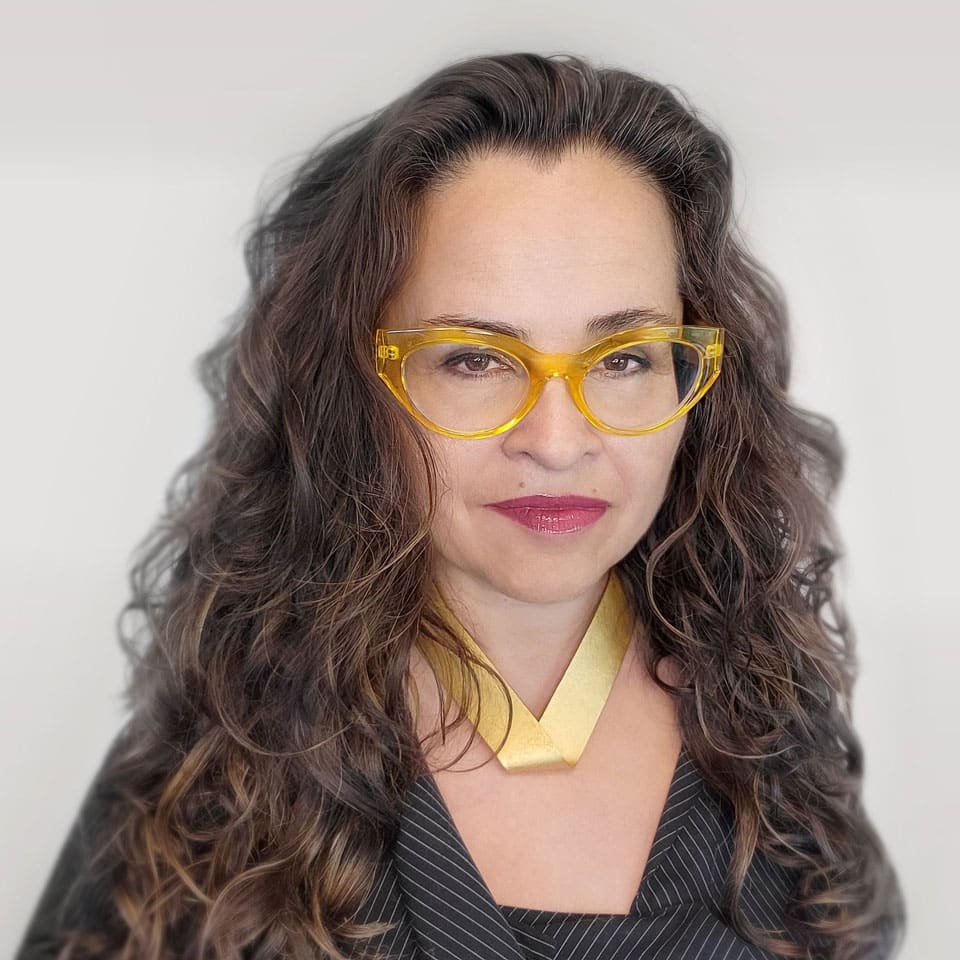Twenty-First-Century Communication Etiquette

There is a new twenty-first-century etiquette. We are seeing new words, new norms, and new expectations. And being polite means using inclusive language, now more than ever. In many ways, the new etiquette is like older versions, but with one major update: it is now expected that we will take into consideration people whose perspectives have historically been ignored, erased, or dismissed as less important.
I hear from a lot of people that they feel a bit at sea when it comes to this new etiquette. They tell me that it suddenly feels as if what used to be just fine is now enough to get them strongly criticized. That language, especially language that they’re using publicly, now feels like a minefield—and they’re caught in the middle without a map.
Executives tell me that they’re anxious about saying the wrong thing when they address the whole company in all-hands meetings or do interviews with journalists. They’re surprised and unhappy about the negative comments they get on Slack from their younger employees or at getting called out on Twitter.
One CEO confessed, “I just don’t want to ‘get cancelled’ for saying the wrong thing. So now I’m afraid to say anything involving ‘difficult’ topics.” But his employees noticed that he was avoiding these topics, and it lowered their trust in him and in the company.
PR people and marketers tell me they’re concerned that their press releases and ad campaigns will be accidentally offensive and bring the wrath of the internet down on their heads.
One digital marker worried, “What if our campaigns are unintentionally racist or sexist in ways we’re just not seeing? Because, frankly, our team just isn’t that diverse. I’m afraid we’re going to turn off potential customers.”
Heads of HR tell me they’re concerned that they’re losing potentially great hires because recruiters are offending them or signaling that the company culture won’t welcome them.
A VP of Talent Acquisition told me they were frustrated. “So, a recruiter misgendered a top candidate in an interview the other day, saying things like ‘a woman like you’ and ‘she.’ That candidate just withdrew from consideration, saying they don’t want to work for a company that’s so insensitive. They said they only want to work somewhere they’ll feel comfortable so they can actually focus on their job.”
Some people in their forties and older tell me that they sometimes just don’t understand their younger colleagues and the rules they’re playing by. (Others have been engaging in these kinds of inclusive practices for a while, so they are already comfortable.) And some autistic people tell me that it can be frustrating to have communication rules that already feel unnatural to them shift without explicit notification or explanation as to why.
An engineer in his fifties objected: “Why should I include my pronouns in my Slack profile and in my Zoom window? I’m not also announcing to everyone that I’m gay.” His refusal to adopt the new etiquette, combined with his lack of awareness of the reasons for normalizing pronoun presentation, is negatively impacting his work relationships.
It’s no fun to feel like you have to constantly second-guess everything you say—or to feel so worried that you avoid saying anything at all.
Luckily, all of this complicated business around modern etiquette isn’t actually all that complicated once you understand the Principles of Inclusive Language. And that’s exactly what I’m going to share in the pages to come: the tools that will allow you to communicate with confidence.
What’s appropriate depends on context.
You’ve spent your lifetime developing a sense of what’s appropriate. You might not realize it, but you are incredibly sensitive to context. When you’re assessing a situation and adjusting your behavior, you’re taking into account all kinds off actors. Things like
- how many people are involved and how close you are to them;
- where you are and if you’re communicating in person or via technology;
- the power dynamics;
- the type of interaction (like a meeting, a face-to-face conversation, a series of text messages, a social media post); or
- the identity characteristics of the people involved.
What’s considered appropriate or acceptable changes based the contextual factors I just listed and a whole bunch more. The calculus to figure out what is appropriate is subtle, complicated, and frequently shifting. In fact, I used to teach entire graduate courses on how to analyze the many ways that context affects what people say and how they say it.
So when people come to me looking for a straightforward list of inclusive language dos and don’ts, I tell them: I wish it was that simple.
Sometimes they ask, “Can’t you just tell me the words I shouldn’t use and the words I should use in their place?”
The answer is: sure, for some things. But often, what’s appropriate changes so much based on context that it’s just too complicated to make straightforward lists.
What’s more, language evolves and changes over time. Some words that were considered acceptable just a few years ago are seen as less desirable or even unacceptable today. And this is a cycle that keeps on going.
Fortunately, you don’t need to keep up on every trend or change to become proficient in twenty-first-century etiquette. And there is a better way to manage this information than only using long lists of words and phrases.
After reading this book, The Inclusive Language Field Guide: 6 Simple Principles for Avoiding Painful Mistakes and Communicating Respectfully, you will be able to use my Six Principles of Inclusive Language, which are based on the scientific concepts at the heart of linguistic anthropology, to confidently navigate whatever communication context you may find yourself in—now or in the future.
Written by Suzanne Wertheim, PhD. Excerpted with permission from Berrett-Koehler Publishers, from the book The Inclusive Language Field Guide by Suzanne Wertheim, Ph.D., 2023.
Have you read?
The world’s largest economies in 2023.
Ranked: Safest Countries in the World, 2023.
Countries With the Most Female Billionaires, 2023.
Economy Rankings: Largest countries by GDP, 2023.
The Global Passport Index: The World’s Most Powerful Passports.
Add CEOWORLD magazine to your Google News feed.
Follow CEOWORLD magazine headlines on: Google News, LinkedIn, Twitter, and Facebook.
This report/news/ranking/statistics has been prepared only for general guidance on matters of interest and does not constitute professional advice. You should not act upon the information contained in this publication without obtaining specific professional advice. No representation or warranty (express or implied) is given as to the accuracy or completeness of the information contained in this publication, and, to the extent permitted by law, CEOWORLD magazine does not accept or assume any liability, responsibility or duty of care for any consequences of you or anyone else acting, or refraining to act, in reliance on the information contained in this publication or for any decision based on it.
Copyright 2024 The CEOWORLD magazine. All rights reserved. This material (and any extract from it) must not be copied, redistributed or placed on any website, without CEOWORLD magazine' prior written consent. For media queries, please contact: info@ceoworld.biz
SUBSCRIBE NEWSLETTER








